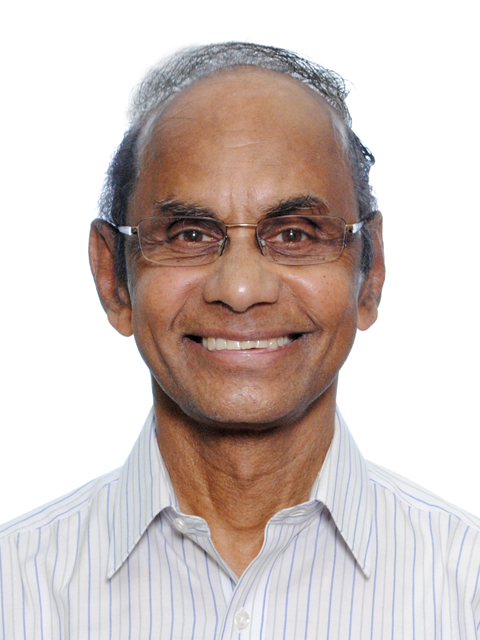 Diaspora has been defined as ‘any population, which originated in a land other than in which it currently resides, and whose social, economic, and political networks cross the border of nation-states.’
Diaspora has been defined as ‘any population, which originated in a land other than in which it currently resides, and whose social, economic, and political networks cross the border of nation-states.’
The characteristic feature of this definition is the continued, unrelenting movement of people across national boundaries.
Singapore is a microcosm of the Indian Diaspora in a globalised City-State with people from all regions of India, representing almost all its cultures and religions.
India’s Minister of State for External Affairs Shashi Tharoor said, “What is particularly striking is that Singapore is the only country with the greatest affinity for, and interest in, contemporary India.”
Of late, intensive discussion has centred on the population and immigration policies in Singapore, and among other things, as far as the Indian Diaspora is concerned, is the hot- button topic of perceived poor interaction between local Singapore Indians (representing the Old Diaspora) and Indian expatriates (the New Diaspora).
This characteristic may not be easily noticeable to a visitor or a casual observer.
Diaspora strengthens
Formed initially by the settlement of Indian labourers, merchants and administrators during the colonial period, the Indian Diaspora has increased substantially due to the migration of professionals from the subcontinent over the last two decades.
About a quarter of the Indian population of 400,000 are permanent residents and work permit holders – non-citizens who live and work in Singapore, mostly as financial services professionals, computer engineers, construction workers and domestic help.
One the one hand, there is a class of highly successful Indians in politics, business and various professions, while on the other, there is a group of local Indians, who form the underbelly of the Singaporean society.
Divided community
Indians are divided because of their social and material status.
The issue that has provoked this debate is how to tackle the perceived gap between these elements of the Diaspora.
Most Singaporean Indians born and raised in the country, have parents, grandparents and even great grandparents who originally came from India seeking a better life.
These Singaporeans have worked hard, served their national military service commitment, and lead contented lives. They have also welcomed more Indians into the community.
Phased migration
Over the years, expatriate Indians have arrived in several phases and many of them have assimilated the local psyche effortlessly.
But during the last 20 years, there has been a noticeable trend.
Many new immigrants do not mix mainly with fellow-Indians even at places of worship and cultural events.
There appears to be little inclination to get involved with the society at large.
Numerous social, cultural and other inter-community events that take place regularly see little patronage from such people, though the Government encourages foreigners to forge closer links with the local populace and sink their roots.
Differing attitudes
Attitudes, values and practices between expatriates and local Indians inevitably differ, especially the way in which the former respond to official policies and the Singaporean way of life. Self-interest and opportunism allow them to help themselves to Singapore’s best resources, including education, housing, health, communications and technology but many of them shun national military service for their children – a conundrum that irks the local Indians and other communities alike.
Local Indians as well as expatriates are all part of a larger ‘Indian diaspora’, and interaction and integration are natural processes that take time to evolve, similar to what happens in other countries.
Therefore, although they are presently entrenched in their traditional and separate ‘comfort zones’, it is hoped that they will gradually see the need to merge their connectivity and contribute to greater unity in this multicultural nation.
Dr V Subramaniam is our Correspondent based in Singapore.






